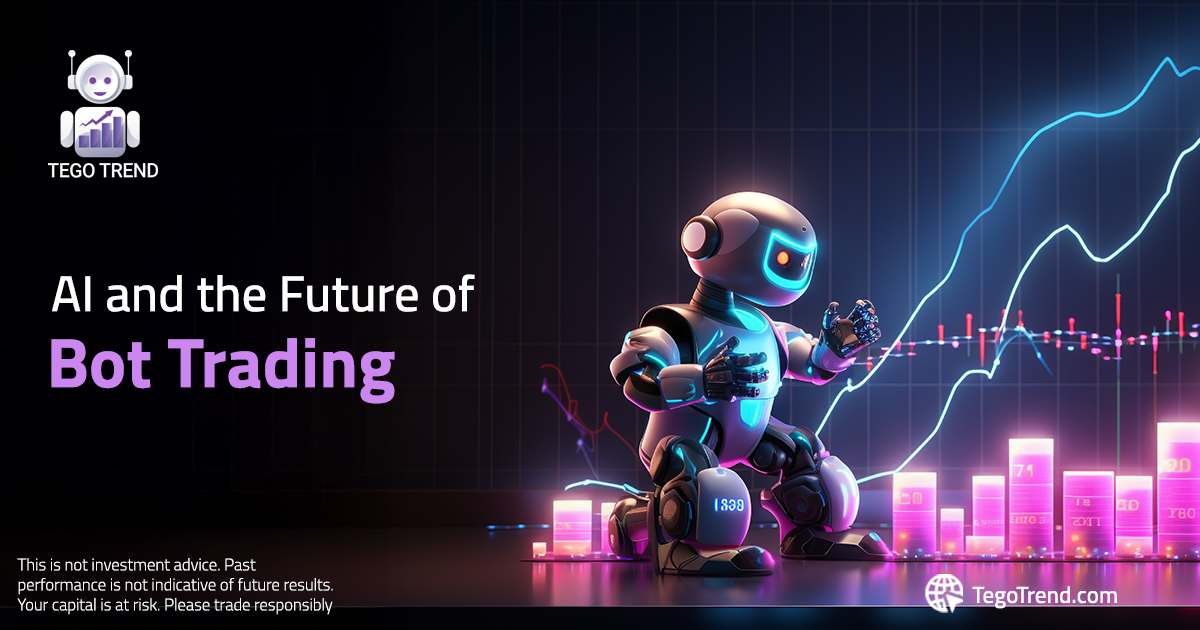October 5, 2025
How Artificial Intelligence Will Shape the Future of Trading Bots
In recent years, Artificial Intelligence (AI) has become an integral part of financial technology. With the rise of trading bots, a key question arises: how will AI reshape the future of these tools and make them smarter and more effective?
1. Faster and More Accurate Data Analysis
- Traditional bots relied on fixed strategies, but with AI, it’s now possible to:
- Analyze millions of data points in a fraction of a second.
- Combine price data, economic reports, and even social media sentiment.
- Make prediction-based decisions instead of depending solely on technical signals.
- Analyze millions of data points in a fraction of a second.
2. Dynamic Trading Strategies
- Future bots won’t stick to one plan; they’ll adapt to market conditions in real time.
- Through deep learning algorithms, bots can adjust their strategies instantly as markets shift.
- This reduces the risk of relying on a “one-size-fits-all” trading approach.
3. Predicting Events Before They Happen
- AI can detect hidden market patterns invisible to human traders.
- It can anticipate market reactions to political or economic events.
- Some bots already use sentiment analysis to gauge overall market mood and adjust positions accordingly.
4. Smarter Risk Management
- AI-powered bots can automatically adjust stop-loss levels to minimize potential losses.
- They monitor capital allocation and distribute risk intelligently across trades.
- By learning from past performance, these bots avoid repeating previous mistakes and continuously improve.
5. Integration with Emerging Technologies
- With cloud computing, bots can operate 24/7 efficiently with minimal downtime.
- Blockchain and smart contracts bring transparency and security to every executed trade.
- Big Data provides the massive information streams that feed and refine AI algorithms.
6. Challenges Ahead
- Despite its power, AI comes with challenges:
- Overreliance on algorithms can trigger large-scale market crashes if a model fails.
- Constant updates and supervision are essential to maintain accuracy and reliability.
- Overreliance on algorithms can trigger large-scale market crashes if a model fails.
Conclusion
Artificial intelligence isn’t just making trading bots faster — it’s transforming them into adaptive, learning systems that evolve with the market. The future of trading lies in the fusion of technological speed and algorithmic intelligence. Those who embrace AI-driven trading early will hold a strong competitive edge in an ever-changing financial world.
Written by
GannaAhmed


